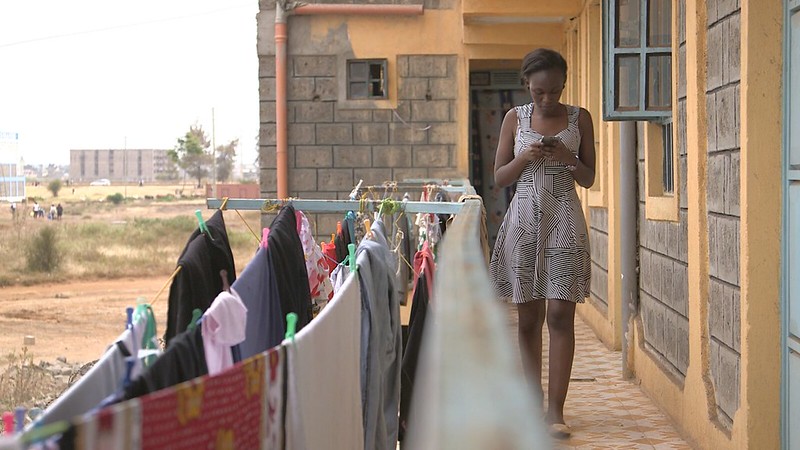Mobile Applications Aiding Mental Health in Africa
 According to the International Review of Psychiatry, nearly 70% of African countries spend less than 1% of their health funds on psychiatric aid and substantially overlook the mental, neurological and addiction disorders affecting the population. However, the rapid development of smartphone technology and mobile applications—generally known as apps—has gradually provided aid to the African population’s mental health.
According to the International Review of Psychiatry, nearly 70% of African countries spend less than 1% of their health funds on psychiatric aid and substantially overlook the mental, neurological and addiction disorders affecting the population. However, the rapid development of smartphone technology and mobile applications—generally known as apps—has gradually provided aid to the African population’s mental health.
Since traditional one-to-one basis mental health care methods are not always available in developing countries, the World Health Organization states that mobile health technologies are beneficial resources for underserved individuals without access to mental health resources in developing countries such as Africa. With such a large variety of apps, varying from patient self-assessment to virtual sessions with healthcare specialists, support is offered to those who have access to any mobile devices. Here are three mobile applications aiding mental health in Africa.
3 Mobile Applications Aiding Mental Health in Africa
- The mental health Global Action Programme Intervention Guide app (mhGAP): As created by the World Health Organization, the service delivery tool known as mhGAP comprises numerous features that support those with mental, neurological and substance abuse (MNS) in low- and middle-income countries. The interactive, user-friendly app identifies multiple clinical care options catered to patients’ conditions varying from depression, psychosis, suicide and more. Additionally, the app encourages cognitive-behavioral therapy (CBT), a problem-solving therapy used to alter patients’ distorted thinking to further modify behavior through self-direction and assessment.
- WhatsApp—An Instant Messaging app: WhatsApp, an instant short messaging service (SMS) used by approximately half of mobile phone users in Kenya and over a million users in South Africa, allows users to virtually receive quality assurance and comprehensive information through text messages, photos, video and other multimedia. According to the South African Journal of Psychology, mobile messaging services have become just as, if not more, popular than telephone calls. It is also stated that SMS services are comparatively inexpensive resources that can potentially improve adherence to therapy and can drastically enhance relations between patients and doctors. WhatsApp and other SMS apps alike are possible solutions to strengthen the therapeutic alliance, yet further research is to be conducted to confirm such findings.
- MEGA mobile app—Mental health services for children and adolescents: The MEGA project, an effort co-funded by the Erasmus+ Programme of the European Union, has developed a mental health assessment app designed for primary healthcare (PHC) specialists serving children and adolescents affected by mental disorders in countries such as South Africa and Zambia. MEGA states that areas with a concentration of poor and ethnic minorities are highly vulnerable to poor environmental conditions, especially adolescents who are affected both directly and indirectly. Therefore, non-communicable disease prevention and treatment are highly encouraged by the MEGA project. The app has the potential to benefit PHC workers with the provision of adequate tools to screen mental health problems, such as depression, in adolescents.
These three mobile apps, and many others alike, are convenient forms of technology that have the potential to improve mental health conditions in Africa and other regions around the world. The implementation of mobile applications into psychiatric practice can provide patients with the utmost care by utilizing thorough assessment, open communication and careful supervision, which can ultimately save lives.
– Isabella Socias
Photo: Flickr
